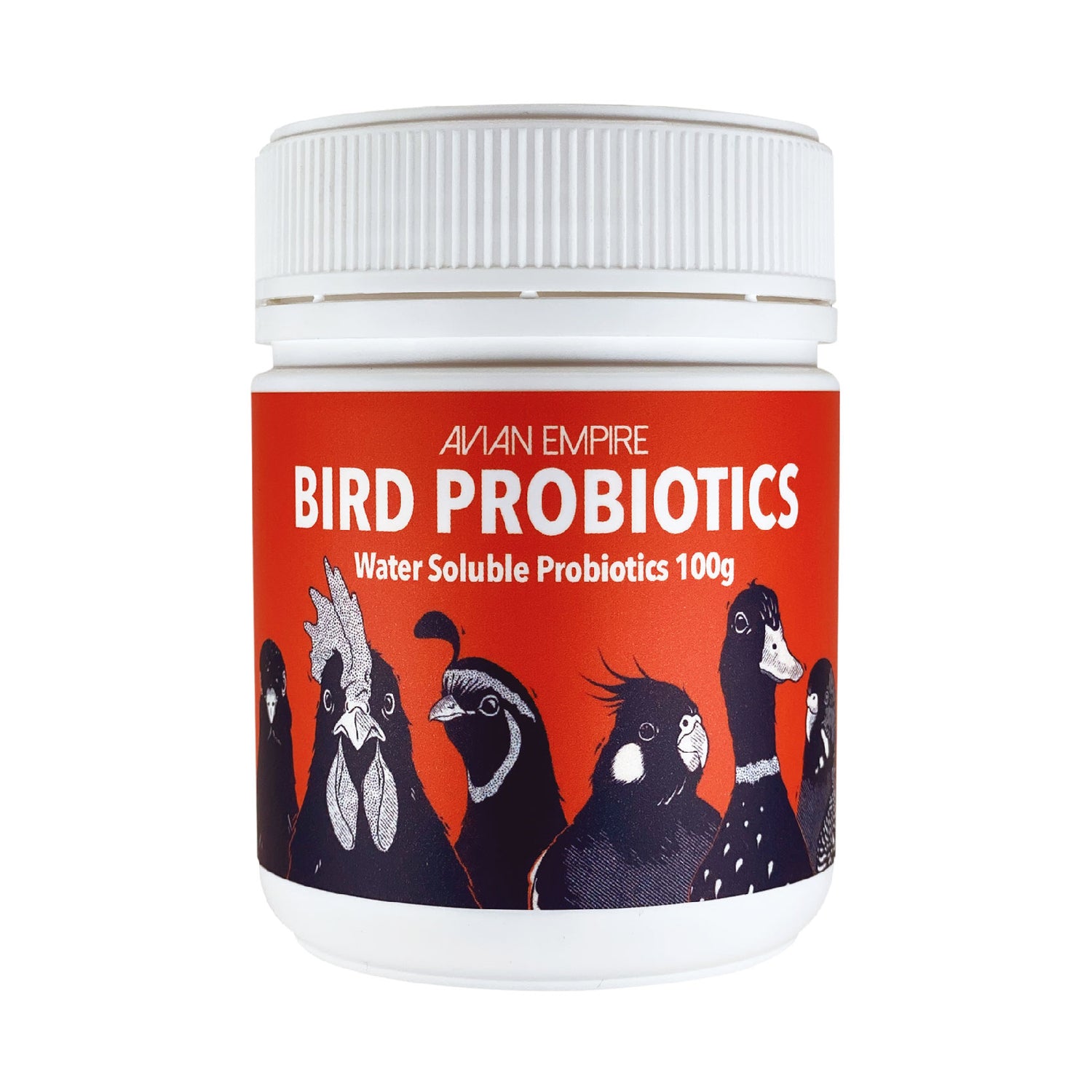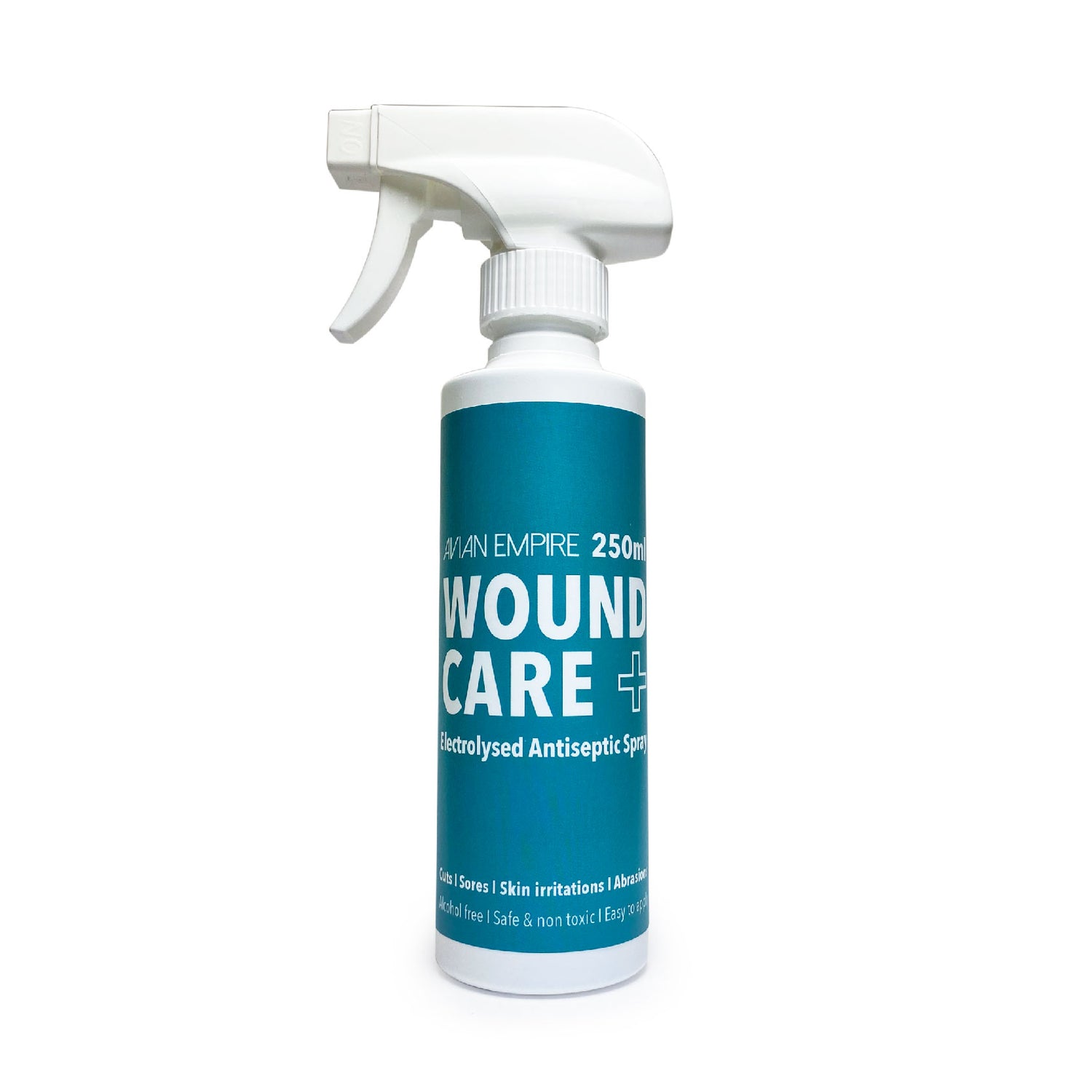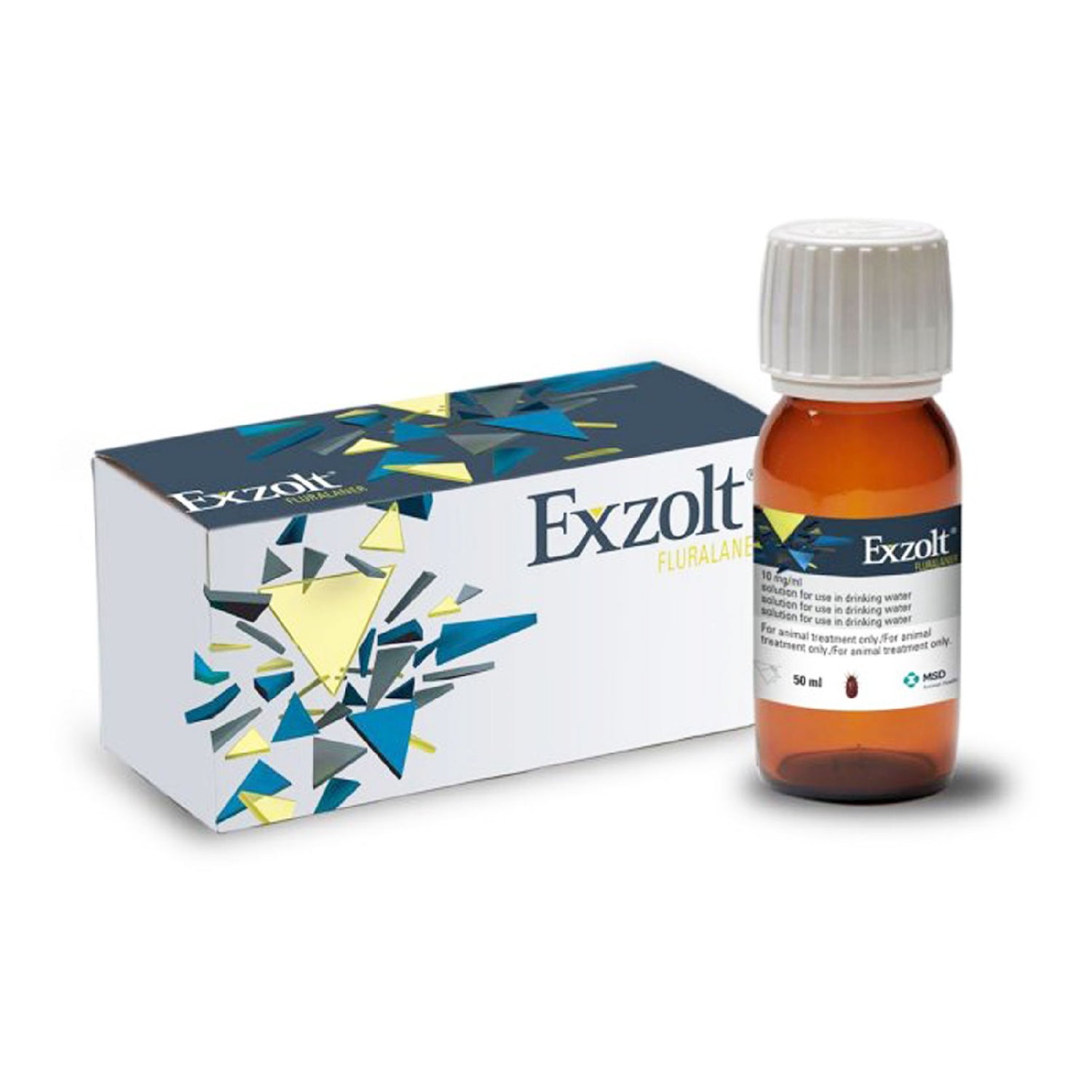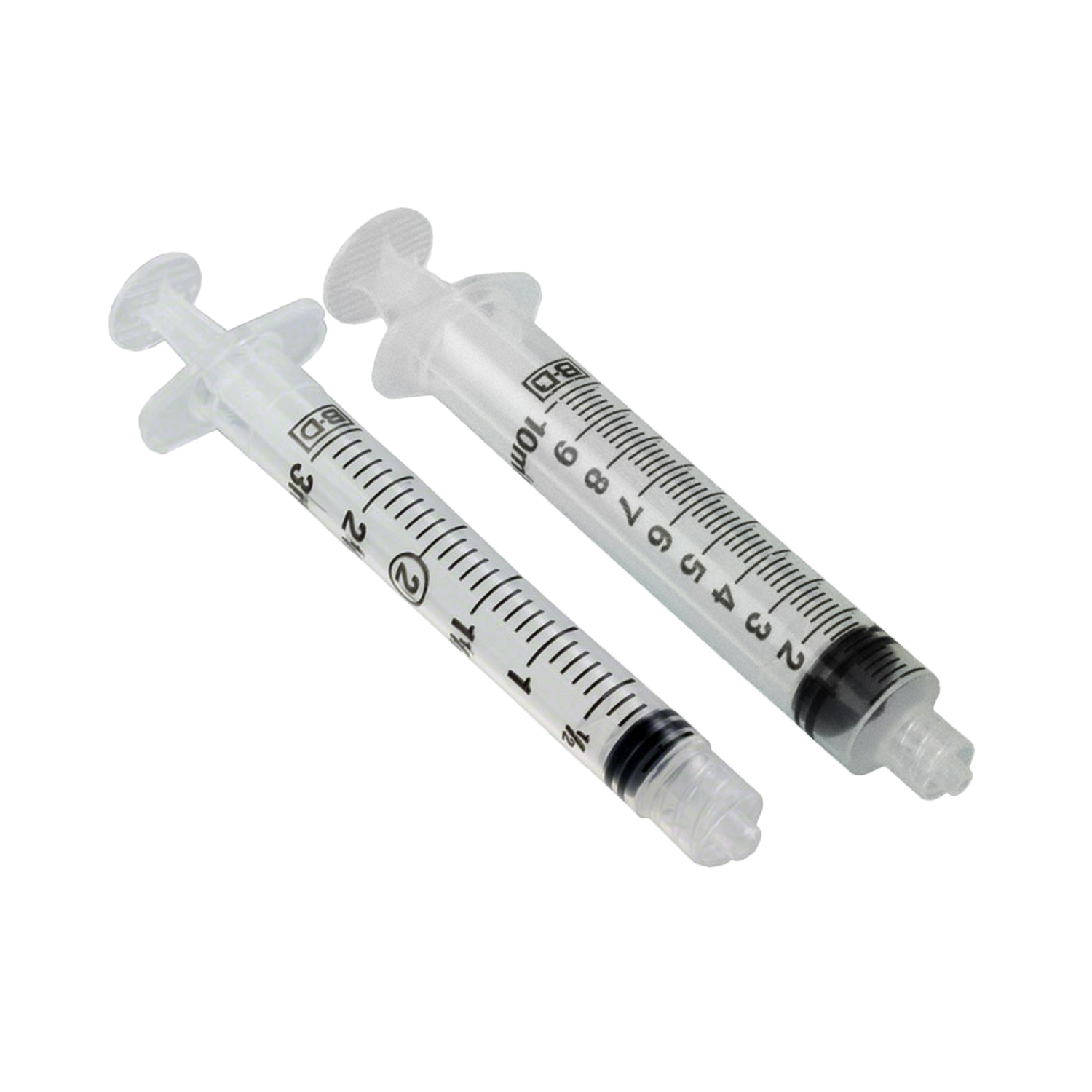
Poultry first aid kit
Owning poultry comes with plenty of unexpected moments, so it’s always wise to be ready for anything. If luck has its way, your chook will pick an inconvenient time—like 8 p.m. on a Sunday—to fall ill. To save stress, I’ve put together a list of essential items for a chicken first aid kit. These basics will ensure you’re prepared to handle minor health issues and emergencies effectively.
Checklist
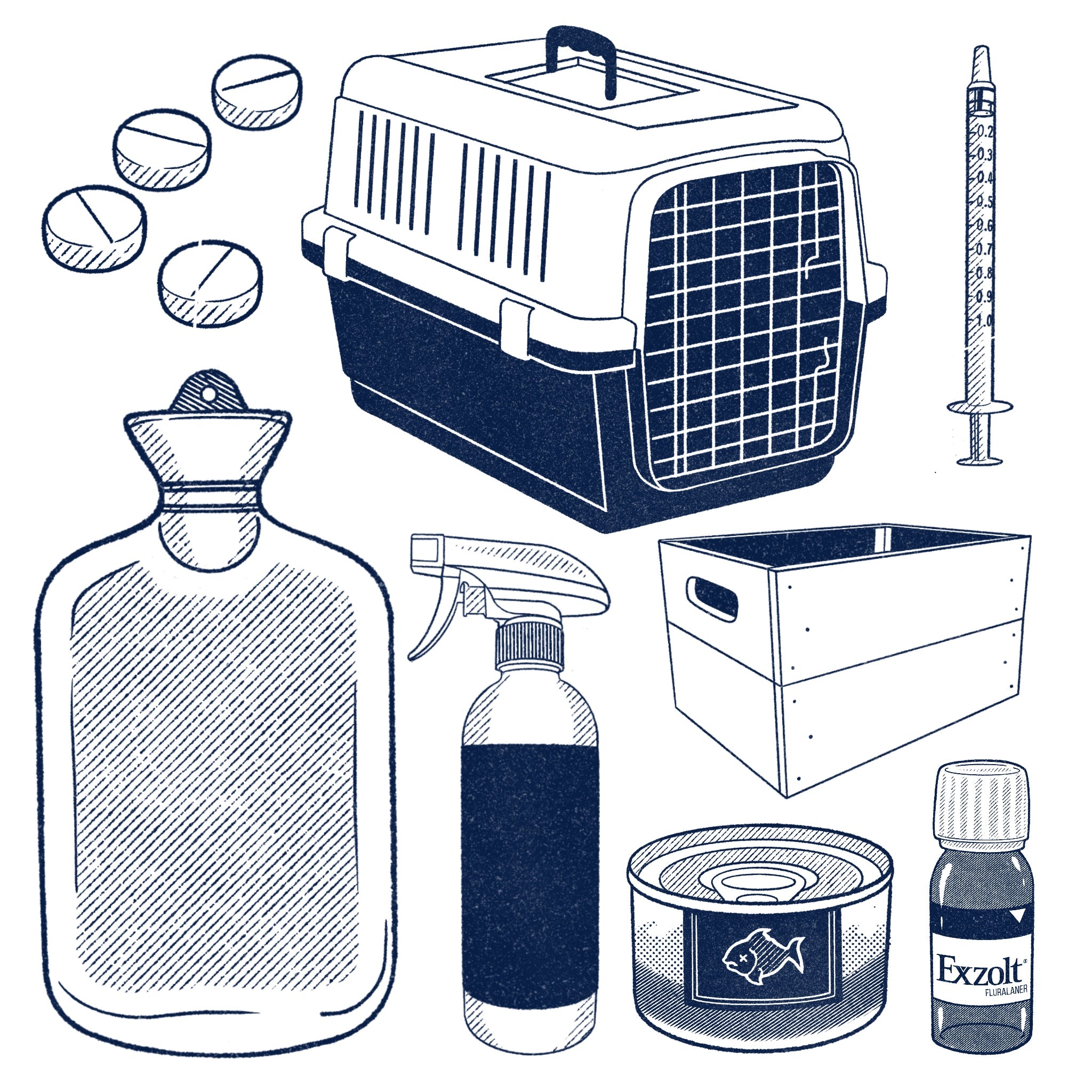
1. Wound care & an antiseptic washes
Wound Care + or iodine are excellent all-purpose antiseptics for cleaning and disinfecting wounds.
2. Hospital pen/crate/cage
You can use a dog crate, shower stall, box, or soft crate for hospitalisation. The key reasons for isolating a sick bird are:
1. To allow them to rest and lower their masking reflex away from the flock, making it easier to assess their true condition.
2. To monitor their food and water intake, as well as droppings, ensuring they are eating, drinking, and producing normal looking droppings.
3. Pain relief
Meloxicam
Meloxicam is a safe and effective NSAID for poultry, helping to reduce pain, inflammation, and discomfort from injuries, illness, or surgery. It supports better recovery, mobility, and overall well-being without sedative effects.
The recommended meloxicam dose for poultry is 1 mg/kg orally, twice daily (BID), which has been shown to effectively manage pain and inflammation while maintaining safe plasma concentrations (Bauck et al., 2022).
Bauck, L. et al. (2022). Veterinary Medicine Research Journal.
Aspirin
Aspirin can provide short-term pain relief for chickens until you can consult a veterinarian. It is available in both pill form and effervescent tablets for water administration.
The recommended dose rate for poultry is 25 mg per kg of live weight, twice daily (BID) (as cited in the Fifth Edition of the Exotic Animal Formulary by James W. Carpenter).
⚠ Important Note: Aspirin is an off label product for chickens. Aspirin can interact with various medications, including amprolium (Coxiprol), so it’s essential to consult your vet before administering it.
4. Electrolytes & Probiotics
When a chicken is sick, stressed, or recovering from an illness, probiotics and electrolytes play a crucial role in supportive care by helping to restore balance, improve recovery, and boost overall health.
1. Probiotics: Supporting Gut Health & Immunity
Probiotics are beneficial bacteria that help maintain a healthy digestive system, which is essential for nutrient absorption, immune function, and overall well-being.
Why probiotics matter:
- Restores gut balance – Illness, antibiotics, or stress can disrupt the gut microbiome, leading to diarrhea, poor digestion, and reduced immunity. Probiotics help replenish beneficial bacteria.
- Improves digestion and nutrient absorption – A strong gut microbiome ensures chickens get the maximum nutrition from their feed, which is especially important for recovery.
- Reduces harmful bacteria – Beneficial bacteria compete with pathogenic bacteria (like E. coli, Salmonella, or Clostridium perfringens), reducing the risk of secondary infections.
- Boosts immune function – Since 70% of a bird’s immune system is in the gut, a healthy digestive system means better disease resistance.
- Aids recovery after antibiotic use – Antibiotics can wipe out both harmful and beneficial bacteria. Probiotics help restore the natural gut flora.
When to use probiotics:
- After antibiotic treatment
- During or after illness (diarrhea, gut infections, stress-related digestive upset)
- During periods of stress (transportation, molting, extreme weather changes)
- To support gut health in chicks and prevent early mortality
2. Electrolytes: Preventing Dehydration & Restoring Energy
Electrolytes are essential minerals (such as sodium, potassium, and magnesium) that help maintain hydration, nerve function, and muscle activity.
Why electrolytes are essential:
- Prevents dehydration – Sick birds often drink less, leading to rapid dehydration, which worsens illness. Electrolytes encourage fluid intake.
- Replenishes lost minerals – Conditions like diarrhea, heat stress, or prolonged illness deplete essential minerals that are crucial for normal body function.
- Boosts energy levels – Electrolyte solutions contain glucose (dextrose), providing a quick energy source to weak or lethargic birds.
- Aids heat stress recovery – In hot weather, birds lose fluids through panting. Electrolytes help maintain hydration and prevent heat exhaustion.
- Supports recovery from shock or stress – Birds that have undergone trauma, transport, or extreme stress benefit from electrolytes to stabilize their system.
When to use electrolytes:
- During illness or recovery (especially if the bird is weak or has diarrhea)
- During heat stress (hot weather or after exertion)
- To encourage drinking in sick birds
- After transport or handling stress
3. Berocca: Vitamins & Electrolytes for Recovery
Berocca is a human vitamin supplement that provides B vitamins, electrolytes, and antioxidants, making it a useful supportive care tool for sick or weak chickens.
Why Berocca Helps:
- Boosts energy & appetite – B vitamins (B1, B2, B6, B12, niacin) support metabolism, nerve function, and energy production, helping weak birds regain strength.
- Prevents dehydration – Electrolytes (sodium, potassium, magnesium) help restore fluid balance during illness or heat stress.
- Supports immune function – Vitamin C, zinc, and magnesium aid recovery and disease resistance.
- Easy to use – Dissolves in water, making it a quick and effective supplement for weak or stressed birds.
When to Use Berocca:
- During illness or recovery for an energy and vitamin boost.
- During heat stress to replace lost electrolytes.
- After transport or handling stress
- Dosage: 1/2 to1 Berocca tablet per liter of water, refreshed daily.
5. Activated charcoal
Activated charcoal is an essential emergency treatment for chickens, particularly in cases of toxicity, poisoning, or digestive upset.
- Absorbs Toxins – Binds to ingested poisons, mycotoxins, pesticides, or spoiled feed, preventing absorption into the bloodstream.
- Supports Digestive Health – Helps neutralize harmful bacteria and reduce gut irritation caused by toxins.
- Aids in Crop Issues – Can assist with mild cases of sour crop by absorbing excess fermentation gases and toxins.
- Quick & Effective – Acts fast to reduce the severity of poisoning when given early.
⚠ Important: Activated charcoal is not a cure-all and should be used alongside veterinary guidance in cases of serious poisoning. Keep in mind that charcoal binds to many substances, including medications, which may reduce their effectiveness. Always use with caution and only when appropriate.
6. Dewormers
Everything you need to know about worming your chickens can be found in the guide below.
7. Anticoccidial medication
Essential coccidiosis prevention & treatment
Coccidiosis is a common intestinal infection in poultry caused by coccidia, a protozoan parasite. While chicks are most vulnerable, adult birds can also become infected during periods of immune suppression or stress.
Treatment Options
Both recommended treatments are water-soluble but work differently:
Coxiprol (Preferred Choice) – Active: Amprolium
- Slows protozoa replication, allowing the bird’s immune system to respond effectively.
Baycox/ Toltravet – Active: Toltrazuril
- Eliminates a large number of coccidia, offering fast-acting treatment.
Immunity & Long-Term Protection
Chickens develop natural immunity to coccidiosis through controlled exposure to small amounts of coccidia in the gut. Maintaining good management practices and regular health monitoring helps reduce severe outbreaks.
8. Lice powder
There are limited options for treating lice on poultry. The most effective method we've found is snipping off the feathers effected withegg sacs with scissors and applying a lice powder to affected areas for thorough control.
Vet Max Powder is a highly effective, long-lasting lice repellent for chickens, providing reliable protection and control.
- Active Ingredient: P-Menthane
- Application: Evenly sprinkle the powder over the affected area on the chicken and/or bedding for optimal coverage.
- Withholding Period: None – Safe for use with meat and egg-producing birds.
or
VitaPet Flea Powder is an effective and easy-to-use solution for controlling fleas, lice, and mites on dogs and in their environment.
- Active Ingredient: Permethrin – Provides fast-acting pest control.
- Application: Sprinkle directly onto the dog's coat, bedding, or living areas for thorough coverage.
- Withholding Period: Not applicable – Safe for regular use as directed.
9. Scaly leg treatment
A-Scabies Cream (Off-Label Use) for Scaly Leg and Face Mites
For treating scaly leg or face mites, A-Scabies cream has proven to be highly effective. This over-the-counter treatment is readily available at most pharmacies; however, its use in poultry is off-label, meaning standard maximum egg withholding periods apply.
- Application: Apply once daily for up to 2 days, then repeat the treatment after 7-10 days to break the mite life cycle.
- Coverage: One tube typically treats two chickens over several days.
- Enhanced Results: For best outcomes, pair this treatment with a worming protocol, as internal parasites can weaken immunity and contribute to mite infestations.
- Consult Your Vet: Since this is an off-label treatment, it's always best to check with your veterinarian before use to ensure it’s appropriate for your flock.
10. Red mite treatment
Red Mite Control Products: What They Do & How to Use Them
Controlling red mites in poultry requires a combination of targeted treatments and preventative measures. Here’s a breakdown of available products, their functions, and how to use them effectively.
- Exzolt is a parasiticide containing fluralaner, designed for the treatment of poultry red mite (Dermanyssus gallinae) and northern fowl mite (Ornithonyssus sylviarum) infestations in chickens. Administered via direct dose or through the drinking water at a dosage of 0.5 mg fluralaner per kg body weight, given twice, seven days apart, Exzolt offers a convenient and effective solution for mite control.
- Banshee is a natural mite repellent formulated from a blend of essential oils in a mineral oil carrier. Designed to deter red mites from poultry housing, Banshee is applied to surfaces within coops and hutches, making these areas unattractive to mites and thereby reducing infestations. It is not classified as an insecticide and does not kill mites directly but works by repelling them from treated areas.
- Osmoslay functions as a surfactant, effectively drying out and killing mites upon contact. While it is highly effective in controlling mite populations, caution is advised during application to avoid direct exposure to birds, as it can be harmful if sprayed near them.
11. Barrier cream
Barrier creams are excellent for treating minor scrapes, abrasions, pox scabs, and bumblefoot in poultry. Below are some options that are safe to use on chickens
- Aniwell AMH Vet Cream – Forms a breathable antibacterial barrier, helping to protect wounds and aid recovery.
- Savlon – Contains chlorhexidine and cetrimide, providing antiseptic protection to prevent infection.
- Bepanthen – Rich in pro-vitamin B5, promoting skin repair and healing.
⚠ Important Usage Note:
These creams are not suitable for open wounds, as they can trap bacteria and delay healing. Always apply to clean, dry areas, and avoid excessive use.
12. Medicated creams
Certain over-the-counter non-steroidal hemorrhoid creams and antifungal creams can be useful in poultry care for treating inflammation, swelling, and fungal infections.
1. Non-Steroidal Hemorrhoid Cream (e.g., Rectinol, Anusol, or similar over-the-counter brands)
- Reduces swelling and irritation from vent pecking or prolapse.
- Soothes inflammation around the vent caused by irritation or mild trauma.
⚠ Avoid creams with steroids (like hydrocortisone), as they may cause systemic effects in birds.
2. Antifungal Cream (e.g., Canesten, Clotrimazole, or Miconazole)
- Favus: A fungal skin infection causing white, scaly patches on the comb, wattles, and around the eyes.
- Treats fungal skin infections, such as vent gleet (yeast infection around the vent). Please not this condition is not common.
⚠ Do not use antifungal creams inside the vent or on deep wounds.
13. Bandaging
Having a variety of bandages on hand is always useful, but if you’re only going to invest in one, vet wrap is highly recommended. It's a versatile, self-adhering bandage that provides secure wrapping without sticking to feathers, making it ideal for poultry first aid.
14. Tweezers & scissors
A high-quality pair of scissors and tweezers is essential for your first aid kit. Choose a durable, easy-to-clean pair designed for precision trimming, such as removing lice egg sacs, cutting bandages, or trimming feathers. Opt for stainless steel scissors to ensure they are hygienic, rust-resistant, and easy to disinfect after use.
15. Epsom salts
Epsom salts (magnesium sulfate) are a useful supportive treatment in poultry care, particularly for bumblefoot and egg-binding.
1. Bumblefoot Soak
- Helps reduce swelling and soften scabs, making treatment easier.
- How to Use: Dissolve 10% Epsom salts in warm water (100g per liter)
2. Egg-Binding Bath
- Helps relax muscles and encourage the passing of a stuck egg.
- How to Use: Prepare a 10% Epsom salt solution in warm water and allow the hen to soak for 10-15 minutes while keeping her calm and warm.
⚠ Always dry birds properly after soaking to prevent chilling. If symptoms persist, veterinary intervention is recommended.
16. Syringes (At very least a 1ml)
Syringes are an essential tool in a poultry first aid kit, allowing for accurate administration of fluids, medications, and supplements. They are particularly useful for rehydrating sick birds, delivering oral medications and flushing wounds
17. Heat source (wheat bag/ hot water bottle)
A heat source like a wheat bag, heat plate, or hot water bottle is essential for supporting sick, injured, or weak birds. Maintaining body temperature is crucial for recovery, stress reduction, and preventing hypothermia. Chickens expend a lot of energy to generate heat, and when they’re unwell, conserving that energy allows them to focus on healing and recovery instead. Providing external warmth helps them use their resources where they’re needed most.
18. Gloves
Got to keep those hands clean! right!?
19. Contact details for a good chicken vet
or
To find a local vet, visit our Avian Map to locate the nearest available practitioner.
20. Supportive care manual
We have your first aid kit needs sorted!


